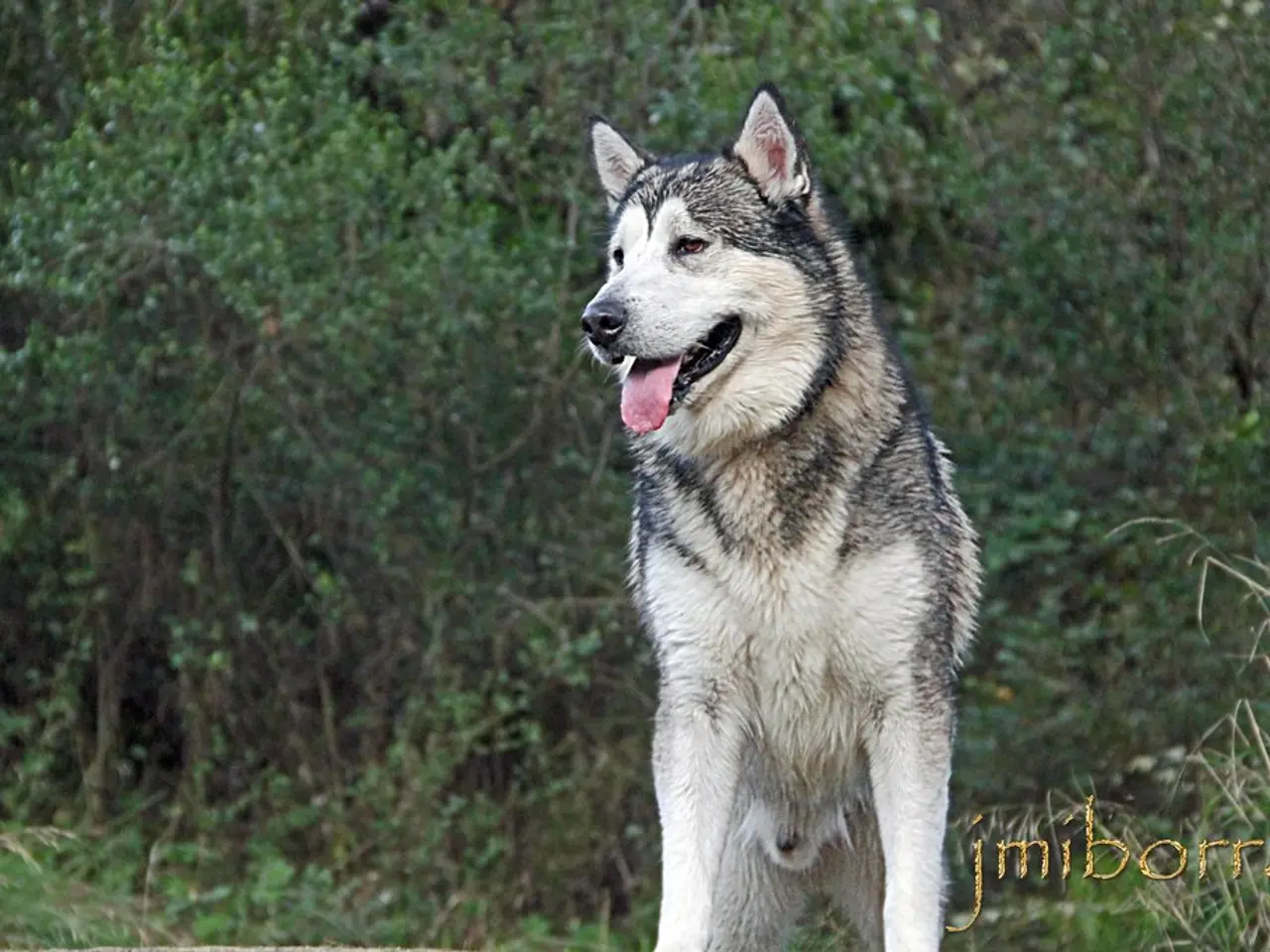Differences in wolf appraisals stirring controversies in Bavaria - Bavaria expresses discontent over disparate wolf evaluations
Wolf Conservation in Bavaria and the Alps: Balancing Conservation and Conflict
In Bavaria and the Alps, wolf conservation efforts are focused on maintaining a delicate balance between protecting the species and addressing conflicts with farmers and livestock. This balance is reflected in the region's unique approach to wildlife management.
Bavaria, particularly the Bavarian Forest National Park, benefits from long-established protected areas and cross-border cooperation with the Czech Šumava National Park. These parks, recently re-evaluated under the EUROPARC Transboundary Parks programme, uphold high standards in biodiversity protection, including for species like wolves and lynxes. The Bavarian Forest National Park serves as a core area where wolves are protected, contributing to their natural recolonization.
In the Alpine region, particularly the German-speaking Alpine areas, wolf conservation initiatives focus on improving livestock protection measures to reduce conflicts between wolves and farmers. This is part of the LIFEstockProtect project, which emphasizes preventing predation through fencing, guarding dogs, and stakeholder engagement.
Compared to other German regions, the wolf presence in Bavaria and the Alps is still relatively sparse but increasing. Nationally, wolves are fully protected under EU and German law, but local debates in Bavaria, where wolf attacks on livestock can cause tension, sometimes fuel demands for regulated culls or controlled removal when individual wolves cause repeated problems. However, lethal wolf hunting remains legally very restricted, with exceptions only under strict conditions to protect human and livestock safety.
The Bavarian Minister of Agriculture, Michaela Kaniber, has criticized the Federal Ministry of the Environment for only classifying the prospects for the spread of the wolf as favorable in the northwest of Germany. She has called on the ministry to take immediate action regarding wolf management, stating that "wolves do not recognize borders." Alois Rainer, the Bavarian Minister of Agriculture, has announced his intent to include the wolf in the federal hunting law.
The Federal Agency for Nature Conservation (BfN) recorded 209 wolf packs and about 1,600 individual wolves in confirmed territories in Germany in the monitoring year 2023/24. According to the Bavarian Environment Agency, there are 13 regions with resident wolves in Bavaria, with current estimates suggesting nine packs in the Free State of Bavaria.
Stefan Köhler, the BBV Environmental President, has stated that herd protection by fences is particularly difficult on alpine pastures and meadows. The CSU and the Free Voters are advocating for easier hunting of wolves to protect livestock, a position opposed by nature conservationists who view the shooting of wolves as a last resort.
Without the determination of a favorable conservation status, high requirements for wolf hunting in Bavaria are likely to continue to apply. As the wolf population in Germany grows, the ongoing debate between conservation and conflict management will continue to shape wolf conservation policies in Bavaria and the Alps.
Scientists studying environmental-science in the field of wolf conservation acknowledge the importance of community policy in addressing conflicts between wolves and farmers in regions like Bavaria and the Alps. Understanding and addressing the concerns of farmers and livestock owners are essential to the success of environmental protection efforts, as seen in the LIFEstockProtect project's focus on preventive measures.
General-news outlets covering this ongoing debate may find interest in exploring policies related to other aspects of the environment and how they impact wolf conservation, such as the stance of Bavarian Ministers on expanding hunting laws or the role of the Federal Ministry of the Environment in wolf management.






